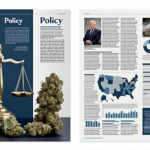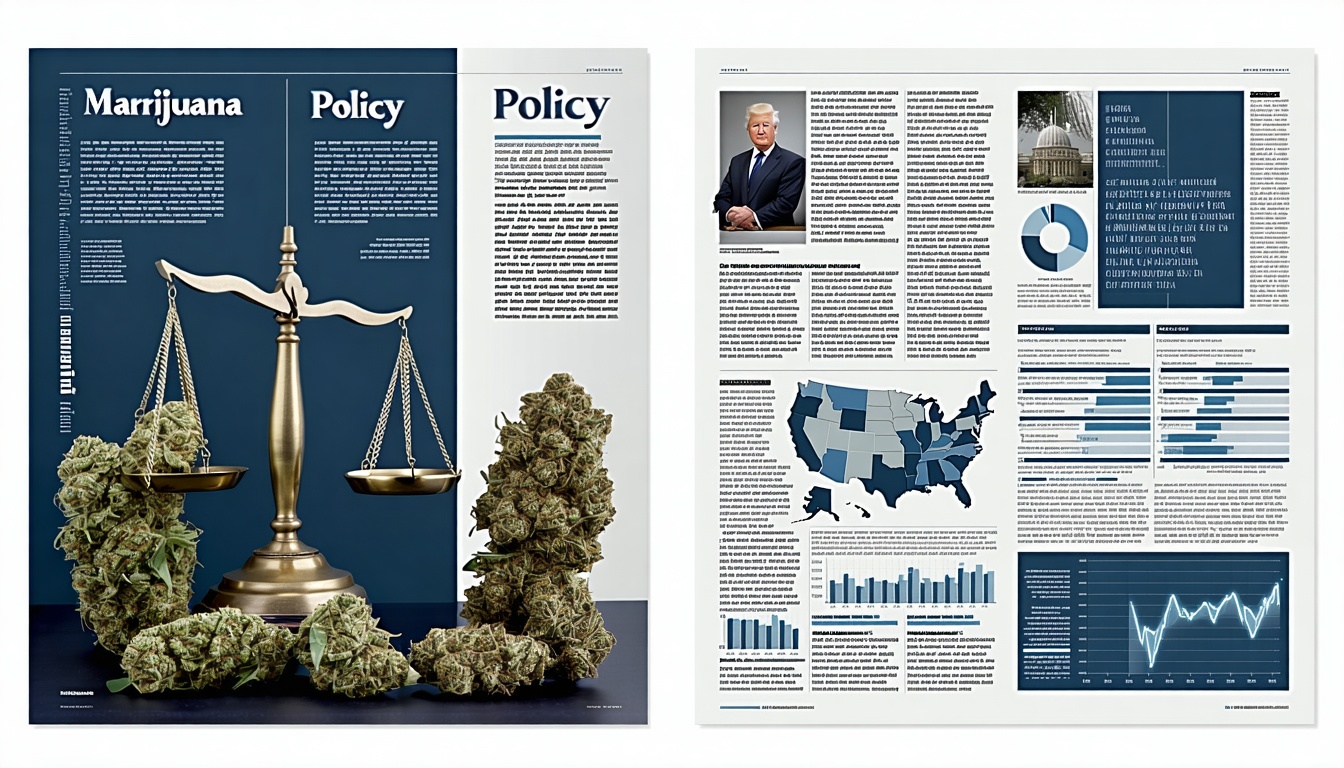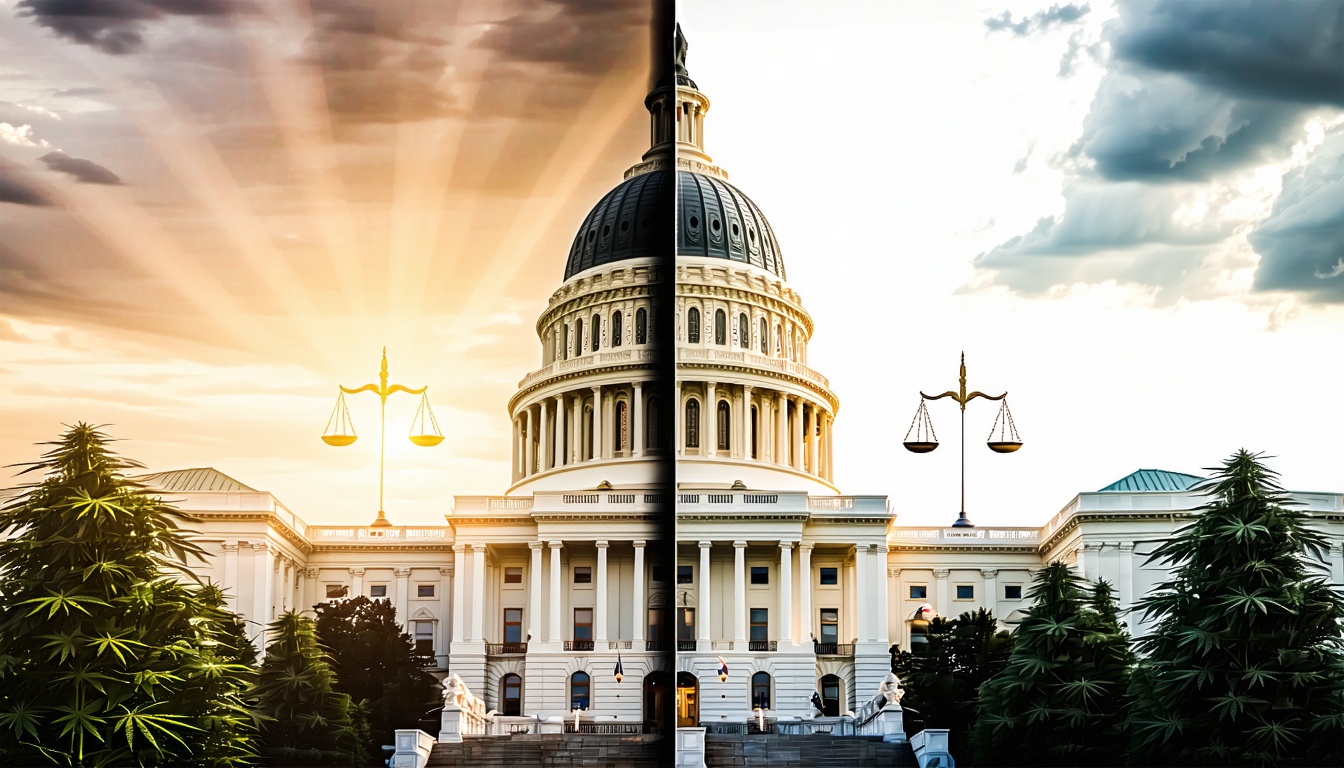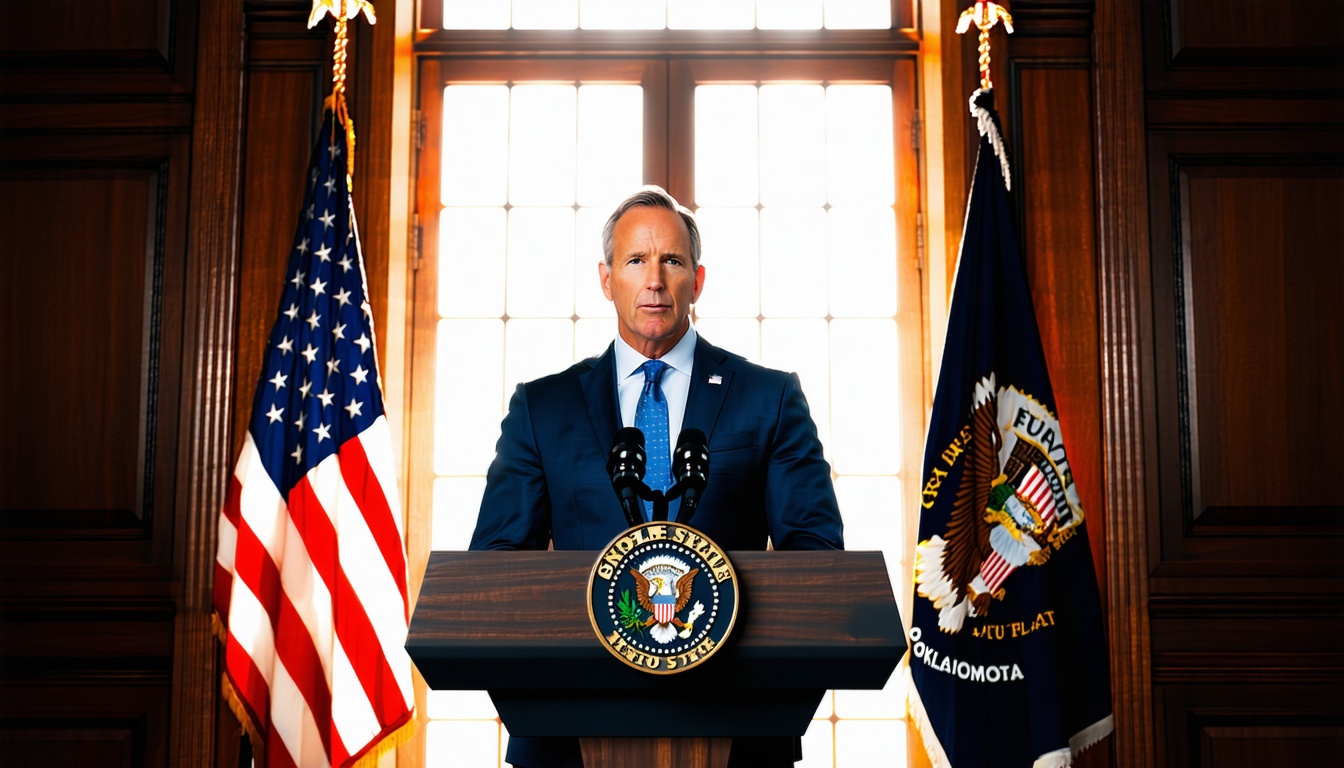Missouri Court Blocks Counties from Adding Marijuana Sales Taxes
A Missouri appeals court has ruled that counties cannot impose additional sales taxes on marijuana products, reversing a lower court’s decision that allowed cities and counties to stack taxes. The decision means that customers will no longer be charged a total sales tax rate of up to 20.988% at some dispensaries.
The Missouri Court of Appeals Eastern District’s unanimous opinion stated that the language in the state constitution is “plain and unambiguous,” allowing only one local government to impose an additional 3% sales tax on marijuana products. The court ruled that the word “and” in the constitution, which defines “local government” as either a village, town, or city, or a county in an unincorporated area, does not allow counties to impose a tax in incorporated areas.
The ruling affects 90 of Missouri’s 114 counties, which had enacted a 3% marijuana sales tax. Of those, 74 counties also had a municipality that had imposed the tax, resulting in both city and county governments imposing a 3% tax at dispensaries.
The Missouri Cannabis Trade Association estimates that the ruling will put $3 million back into the pockets of Missouri customers each month, and will allow the industry to continue contributing hundreds of millions of dollars in sales tax revenue to the state and local communities each year.
St. Louis and St. Charles counties have 30 days to request a review of the decision by the Missouri Supreme Court. The counties had argued that the word “and” allowed them to impose an additional tax, but the court disagreed, stating that the phrase “in the case of an unincorporated area” makes the counties’ argument “wholly discount” and that the constitution lists the entities that can be a local government within an incorporated area, which does not include a county.
The court also addressed the possibility of “absurd outcomes” that could result from the counties’ interpretation of the amendment, including the possibility that a municipality or city could ignore county ordinances and regulations. The court stated that each such ordinance would need to be evaluated on its own merits.
A similar appeals case is pending in Buchanan County, where a dispensary is suing the county collector, arguing that it would be “irreparably harmed” if both taxes were imposed.












